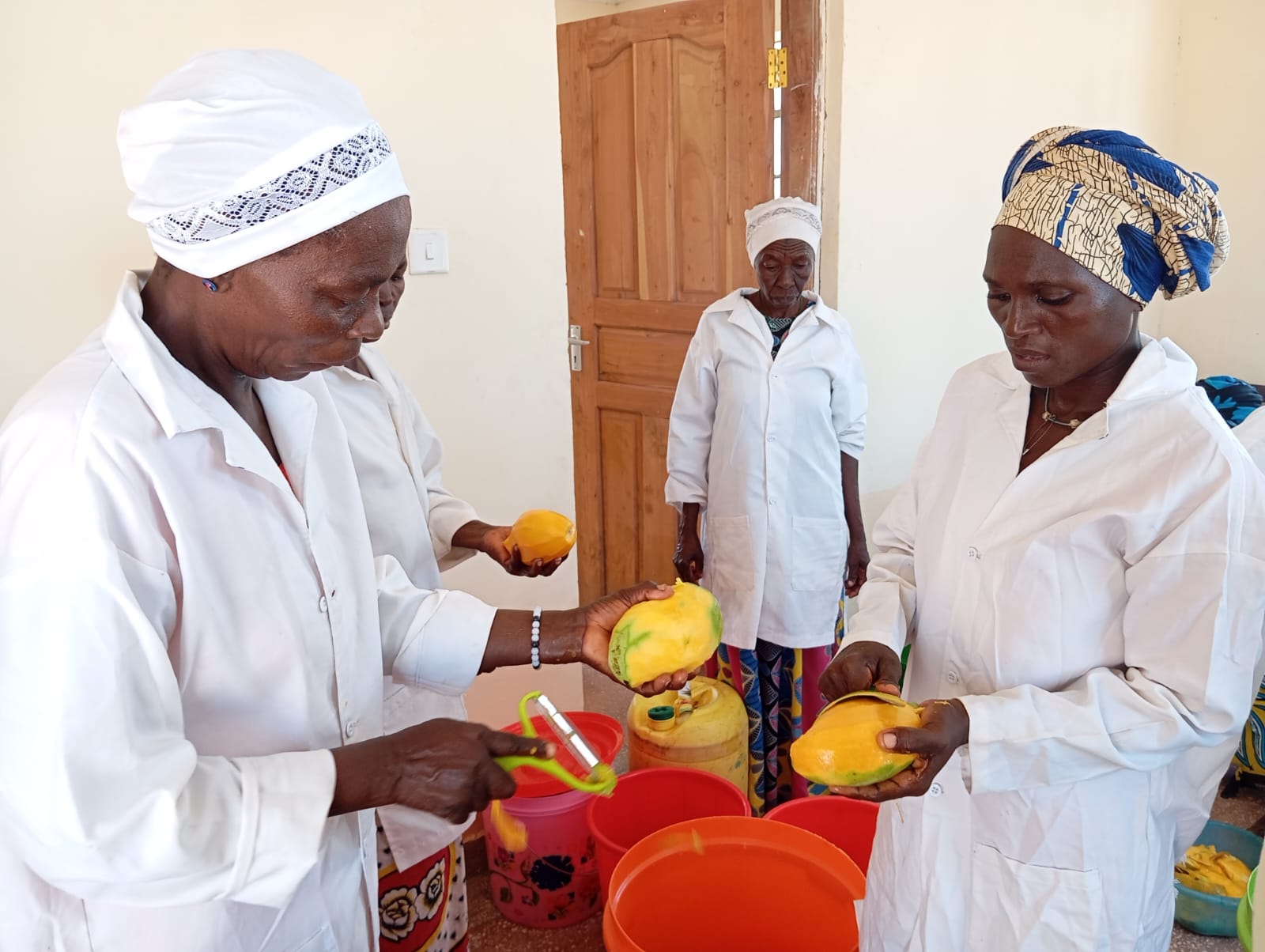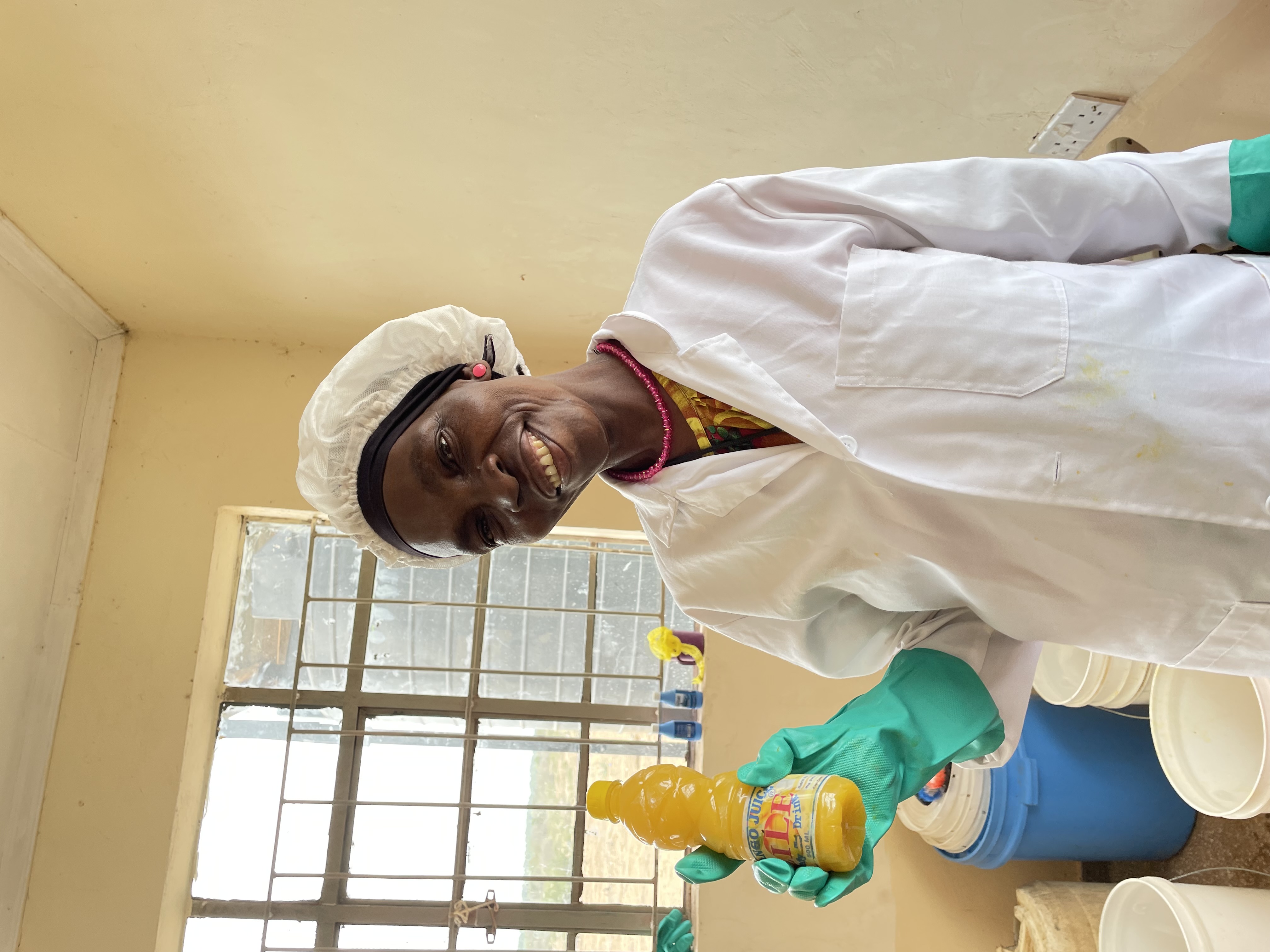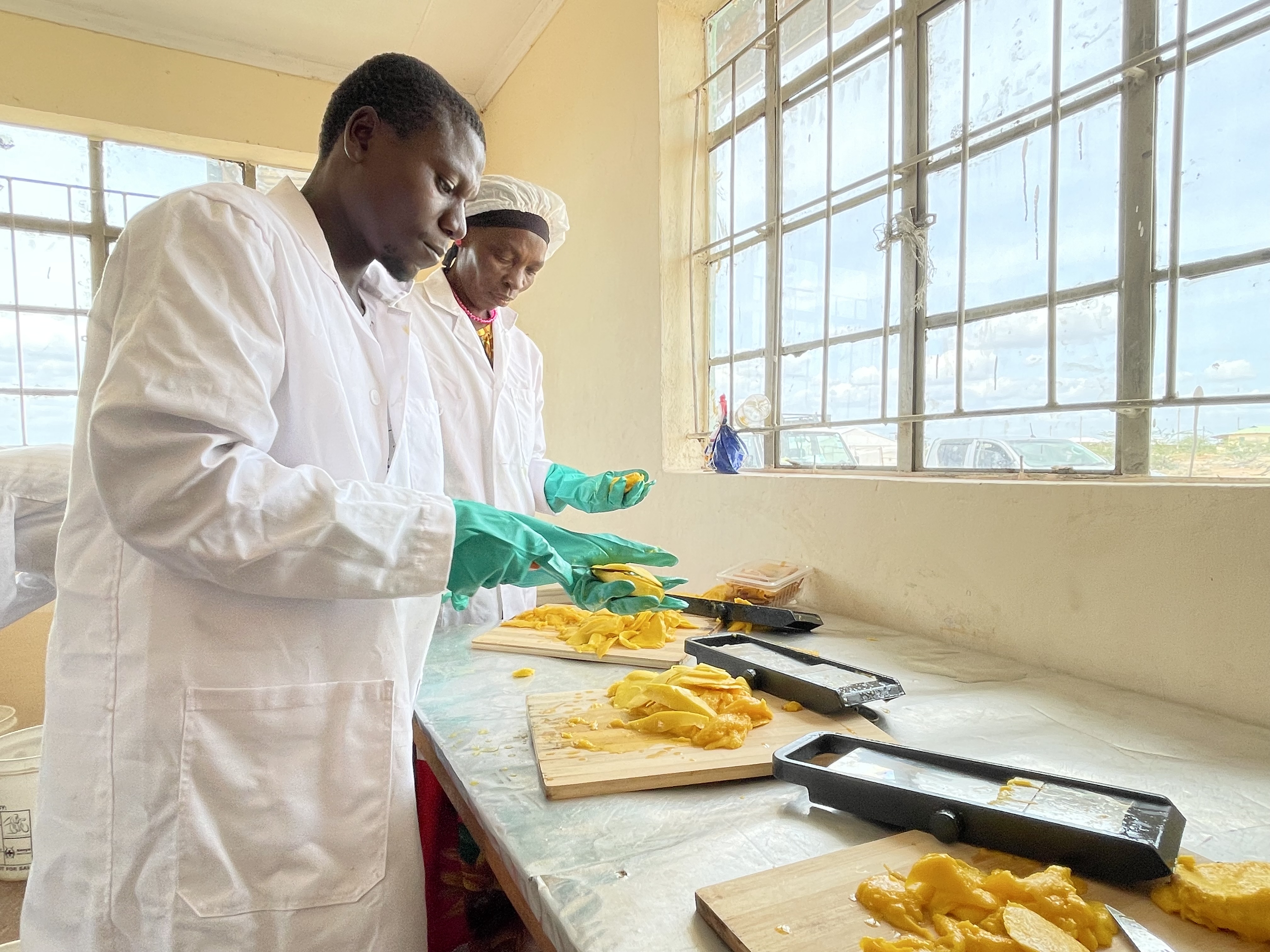The Challenge:
While agriculture remains the main economic driver, 80% of the land in Kenya is considered arid or semi-arid, making it susceptible to degradation from severe droughts and flooding and affecting agriculture output and livestock populations - leaving around 1.7 million people in Kenya acutely food insecure due to recurring climate shocks and high prices for staple foods.
In response to these challenges, Concern Worldwide identified a solution taking advantage of the 200,000 mango trees that grow naturally along the banks of the Tana River.
“Many households in Tana River depend on this traditional way of livestock rearing, but we are seeing that the full potential of the mango crop is untapped. This is an opportunity to further positively impact the lives of farming communities - incorporating factors such as skills training, access to capital, markets, employment and improving health and nutrition levels.” ~ Carol Morgan, Director of International Programs, Concern Worldwide
In partnership with Kerry Group, Concern is supporting ALIVE program participants to use river water irrigationto create a regional value chain for mango production to benefit female growers and create a new income stream for their families.
ALIVE also improves food security, boosts household income and reduces malnutrition levels by scaling up climate smart agriculture, training farmers in agroforestry techniques providing access to climate resilient seeds, and opening new areas for agricultural production and irrigation.
Why Climate-Smart Agriculture?
In areas where climate shocks are frequent, climate-smart agriculture (CSA) is a set of farming methods designed to increase the resilience and productivity of land affected by climate events. Through this approach, CSA works with farmers to better use and manage the natural resources available to them – in this case, mango trees – which are local to the area, more resilient to the impact of climate events, and harness the resources of the Tana River.
The Implementation:
Participants receive training on post-harvest handling, support for mango processing at the community level, and the introduction of post-harvest processing machines.

Additionally, farmers receive support in interacting with markets, improving household incomes by 20% annually, forming farmer-producer cooperatives, and establishing relationships with regional processors and traders. Many farmers are not organized in any form of cooperative and rely on local traders and handling agents - as a result, they get low farm gate prices for their produce.
The project also targets malnutrition among children under-five years old and mothers in the community, which will see the scaling up of health and malnutrition screening while improving health and nutrition knowledge and care practices.
The People:

"By removing barriers to progress, we aim to improve the lives of local farmers and their families. The focus on climate-smart solutions, nutrition and health will create long term value and support some of those most affected by hunger and malnutrition. We are reminded of our corporate purpose to deliver sustainable nutrition around the world, and we are extremely proud to partner with Concern once again to devise innovative solutions to help make Zero Hunger a reality.”
- Catherine Keogh, Chief Corporate Affairs Officer, Kerry Group.
Contact Us
To learn more about the ALIVE Program in Kenya, please contact Katie Waller, Director of Strategic Partnerships, at [email protected].


